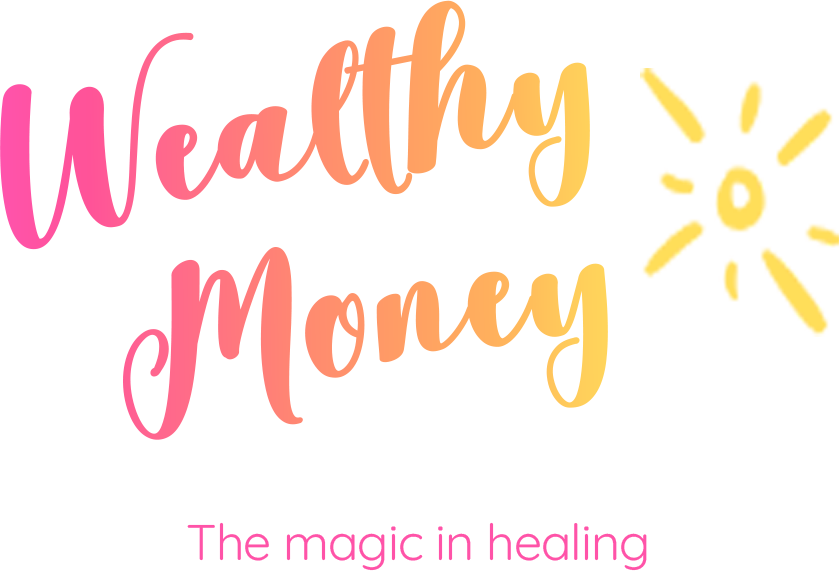A Case Study on How Trauma is Passed Down from Generation to Generation
A few months ago, I saw such a deep display of family trauma on “Iyanla Fix My Life”, and I wanted to share because it shows how trauma is passed down generationally and I loved Iyanla's exercises for the parents to help them see this:
In this Iyanla episode you see that none of the kids or wife talk about physical violence or being beaten up or made to feel physically unsafe but you see how a father was parented by his mother in a way that lacked affection.
You then see how he behaves as a husband and how his wife who hasn’t healed her childhood wounds has a hard time defining how she wants to be loved and understanding that she deserves more.
You also get to see how the parents attracted each other from their wounding.
And then you get to see how these people parent their kids and how these kids are becoming their parents.
The scariest thing for me is literally at the end of part 2, their youngest daughter is completely numb.
You see it. This little girl is numb and her parents did that to her. Not intentionally so you can't even blame them.
These parents didn’t beat their kids or even scream at them often, they merely entered a union with their own traumas based on their upbringing.
When we talk of ancestral trauma being passed down from generation to generation, this is what we mean and this is why we need to heal.
This man throws out his own daughter, but what he doesn't see is that this daughter is him. She is playing out her father wound in her relationships.
Within a family a child will play out trauma and toxicity in the household in various ways:
1. They will shut down and numb themselves and stay frozen in that space because their nervous system is too overwhelmed to process what is happening
A child co-regulates their caregiver’s nervous system and doesn't have the tools to process continuous traumatic incidents.
If the caregiver’s nervous system is dysregulated, that will completely dysregulate the child’s nervous system as well.
And sometimes dysregulation looks sweet and pleasing, a child that never get angry because they are numb, disconnected to their bodies and not feeling their feelings.
2. Act out the trauma in living color and be the external embodiment of the toxicity by displaying all the hidden toxic behavior
I was this child - foul mouthed, angry, rude, did not give an F about anyone...ironically the most sensitive children will do this and they will show the whole family flames. They can burn down entire villages.
Phew!
3. Run away children
These children will check out, party, go to friends, do drugs, have sex at an early age etc.
Anything not to be with themselves, at home or within their bodies. This is avoidant behavior.
These kids are even more sensitive, they feel too much and too deeply and are often overly emotional, so they have to escape their bodies to survive.
4. Become the fixer
They do everything just right so as to keep the family from falling apart. They even parent their parents and their siblings. These are the model kids and they have elements of people pleasing. As adults they are scared to set boundaries and are obsessed with being perfect.
And remember that these kids grow up and become adults who get married and have kids.
Ironically in most families the kids in 1 and 4 get the most praise, but I sometimes feel that as adults they are the ones that have the hardest time feeling their feelings and expressing their truth. They are often exhausted from all they are carrying and bottling up.
I am actually teary from this episode because no way can we keep passing on trauma like this.
We need to start healing and stop hiding behind prayer and positive affirmations
Healing requires us to go into our shadows and dark spaces, do the uncomfortable work and make the hard decisions.
On the surface this may look like it has nothing to do with money, but this is the core of the work I do around money. Tell me how the parents behave with money and I can almost predict these kids' money stories based on the various vows that are being displayed here. We need to heal.
I can even almost guess how this dynamic is affecting finances in the family. This is not magic, it is understanding how trauma affects us financially.
Our money traumas are not about the money, it's about almost everything else but the money.
Trauma is also why traditional ways of teaching personal finance (like budgets etc.) don't lead to behavioral change, because it's not about the money and trauma can’t be intellectualized away.
This is part of the work that I teach in the #MoneyMagic course.
If you feel ready to start tapping into your ancestral money wisdom and creating a consistent stream of income of R40,000/US$2,500 or more a month, then check out and sign up for the Money Magic course here: wealthy-money.com/moneymagic







